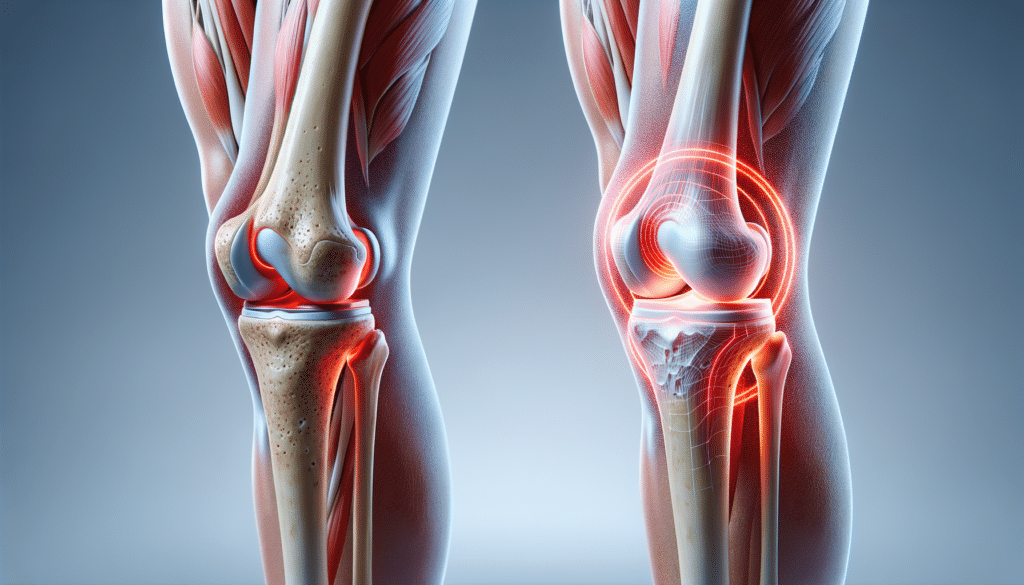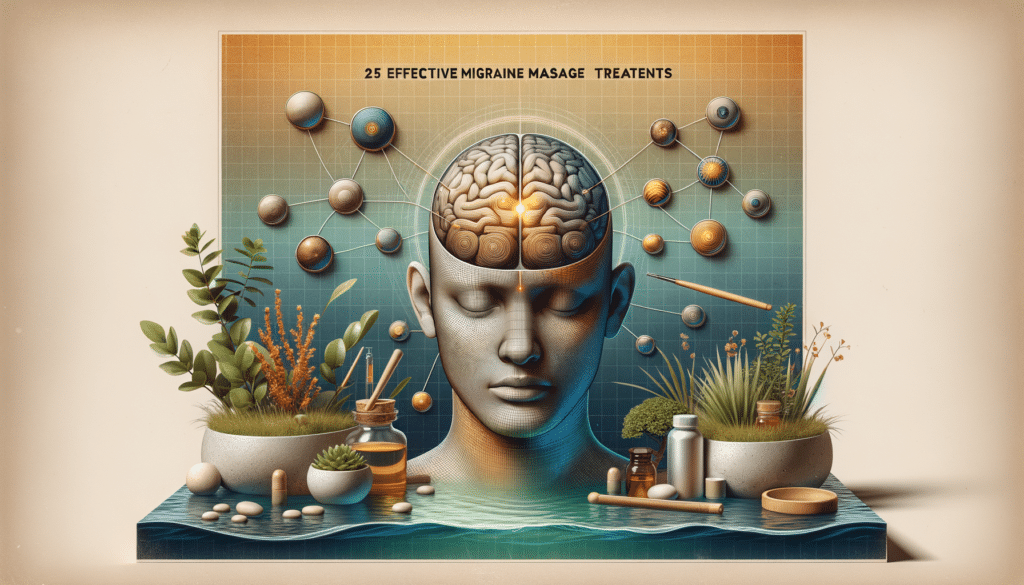Introduction to Medical Office Assistants
Medical Office Assistants (MOAs) are the backbone of healthcare facilities, playing a pivotal role in ensuring the smooth operation of medical offices. They serve as the first point of contact for patients, making their role crucial in shaping patient experiences. MOAs handle a variety of tasks ranging from administrative duties to assisting with clinical procedures. Their ability to multitask and manage both front-office and back-office operations makes them invaluable to healthcare teams. As the healthcare industry continues to evolve, the demand for skilled MOAs is on the rise, highlighting their importance in the modern medical landscape.
Responsibilities and Daily Tasks
The responsibilities of a Medical Office Assistant are diverse and dynamic, reflecting the multifaceted nature of their role. On any given day, an MOA may be responsible for scheduling appointments, managing patient records, and handling billing and insurance claims. They are also tasked with ensuring that medical supplies are stocked and that the office is running efficiently. Key tasks include:
- Patient Interaction: Greeting patients, answering phones, and managing patient inquiries.
- Administrative Duties: Maintaining electronic health records, scheduling appointments, and processing insurance forms.
- Clinical Assistance: Preparing patients for examinations, taking vital signs, and assisting physicians during procedures.
The ability to juggle these tasks requires a keen eye for detail and excellent organizational skills, making MOAs indispensable in any healthcare setting.
Skills and Qualifications
To excel as a Medical Office Assistant, certain skills and qualifications are essential. While formal education requirements can vary, many MOAs complete certificate or diploma programs that provide foundational knowledge in medical terminology, office administration, and healthcare regulations. Key skills include:
- Communication Skills: Effective communication is crucial for interacting with patients and healthcare professionals.
- Technical Proficiency: Familiarity with electronic health record systems and office software is essential.
- Attention to Detail: Accuracy in managing patient records and processing billing information is vital.
Additionally, personal attributes such as empathy, patience, and the ability to work under pressure are highly valued in this profession.
Career Outlook and Opportunities
The career outlook for Medical Office Assistants is promising, driven by the growing demand for healthcare services. According to industry reports, employment for MOAs is projected to grow steadily over the next decade. This growth is attributed to an aging population and the expansion of healthcare facilities. MOAs have opportunities to work in various settings, including hospitals, clinics, and private practices. With experience, they can advance to supervisory roles or specialize in areas such as medical billing or office management. The versatility of the MOA role ensures that there are abundant opportunities for career advancement and professional growth.
The Impact of Technology on the Role
Technology has significantly transformed the role of Medical Office Assistants, enhancing their efficiency and effectiveness. The adoption of electronic health records (EHRs) has streamlined patient data management, reducing paperwork and improving accuracy. MOAs are now required to be proficient in EHR systems, which has become a critical component of their job. Additionally, telehealth services have expanded the scope of MOA responsibilities, requiring them to coordinate virtual appointments and assist with digital patient interactions. As technology continues to advance, MOAs must stay updated with the latest tools and software to remain competitive in the healthcare industry.
Conclusion
Medical Office Assistants are integral to the healthcare industry, ensuring that medical offices run smoothly and efficiently. Their diverse skill set and ability to adapt to changing technologies make them vital to patient care and office operations. As the demand for healthcare services continues to grow, MOAs will remain a crucial part of the healthcare workforce, offering numerous opportunities for those interested in pursuing a career in this field.





